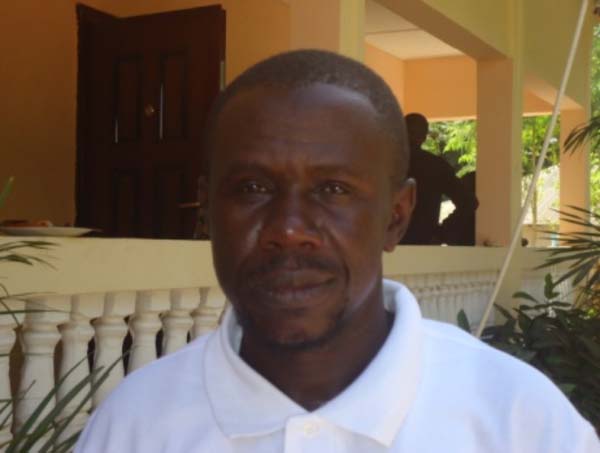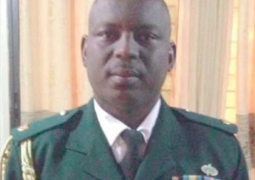
With the contribution of the private sector, it would be easier to produce more rice, to increase production from one tonne to five tonnes, Mr Jammeh said.
Members of the private sector are encouraged to participate in the exercise so they would have both farmers and volunteers in the Vision 2016 farming exercise.
DG Jammeh said private sector intervention could handle 1000-2000 hectares and can even employ farmers on that perimeter.
He further challenged them to be more business conscious and oriented, as their participation in the Vision 2016 farming drive is no small measure and would surely yield dividends.
Mr Jammeh, who was speaking in an interview with this reporter, described the Gambia Commercial Agricultural Valued Chain Management Project, GCAV, as one of the most important projects the country ever had.
According to DG Jammeh, looking at the matching grant component of the project, the Department of Agriculture would always encourage farmers to take advantage of agricultural initiatives so they would be provided with very important implements they require, such as milling machines and combined harvesters that can help them to reduce lossesin their farming activities.
“We encourage the farmers to ensure that they prepare very good proposals that are equipped with excellent business plans so that they are able to access the financial resources that are meant for those machineries,” he said.
“We understand that the unavailability of machinery in the farming communities is a huge problem, and the matching grant component of the GCAV is an area that can address this problem,” DG Jammeh announced.
The project is a five-year project and they have gone half way in the first year, so farmers could fast-track writing their proposals to be able to access the funds at a shorter period, to benefit from the grant component of the project in terms of making implements available, he added.
DG Jammeh also advised the project management to decentralize, as the project team is a small one that is working with six regional agricultural directorates.
Most of the things they are doing should be decentralised so together they could work at a faster rate to be able to achieve the objectives as enshrined in the project, he added.


